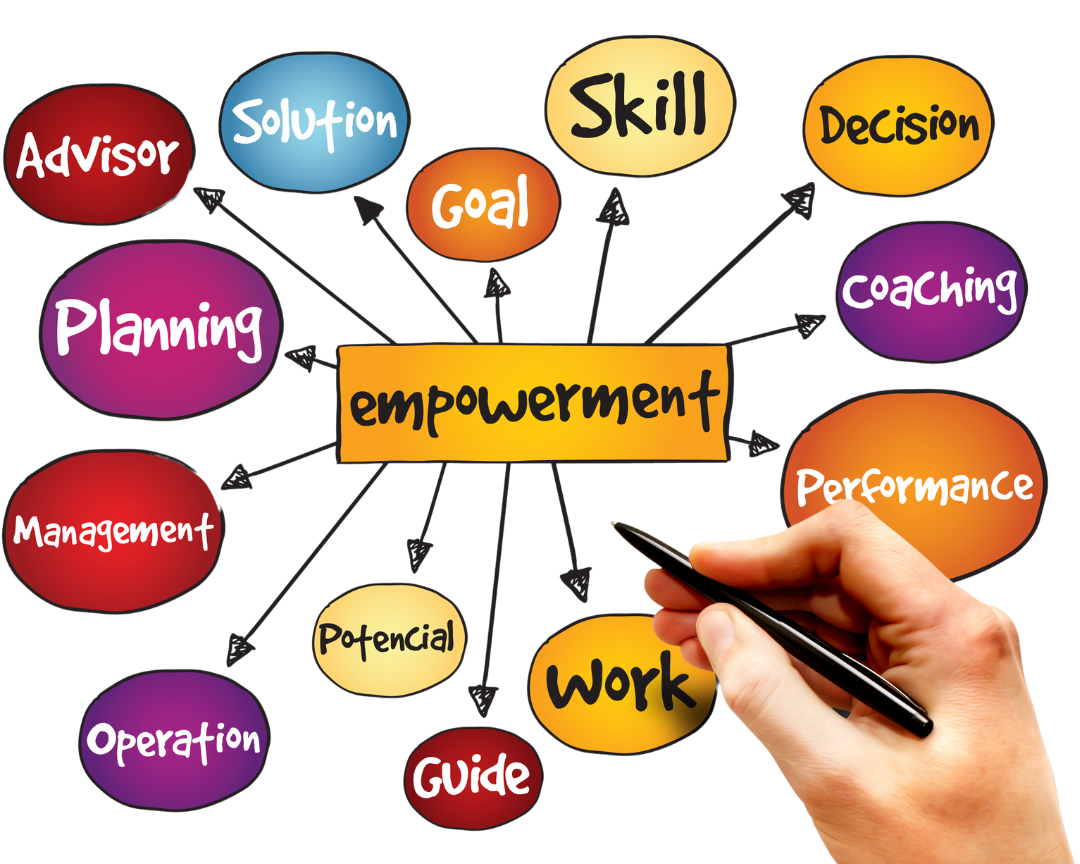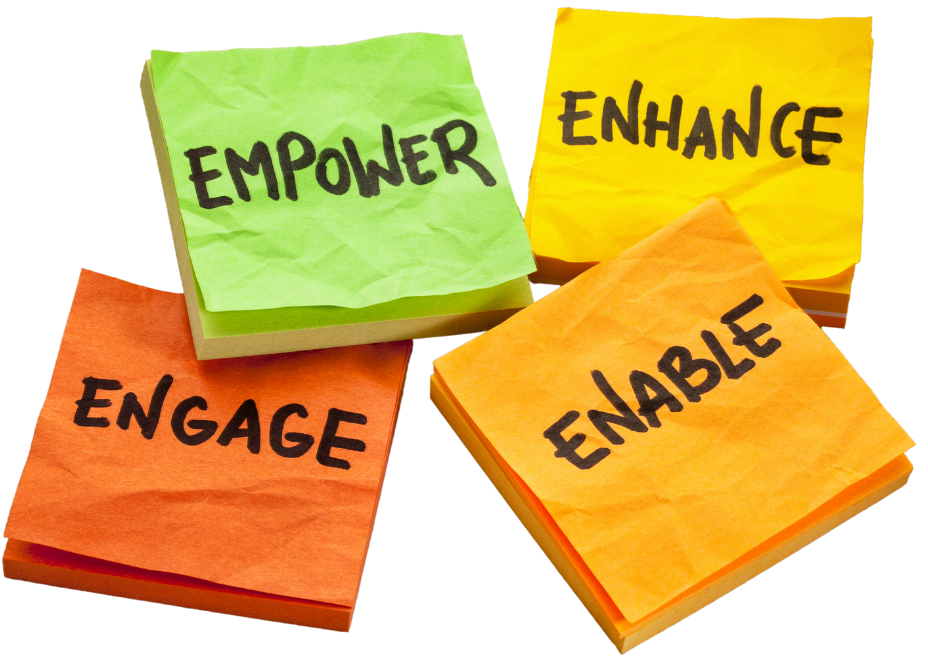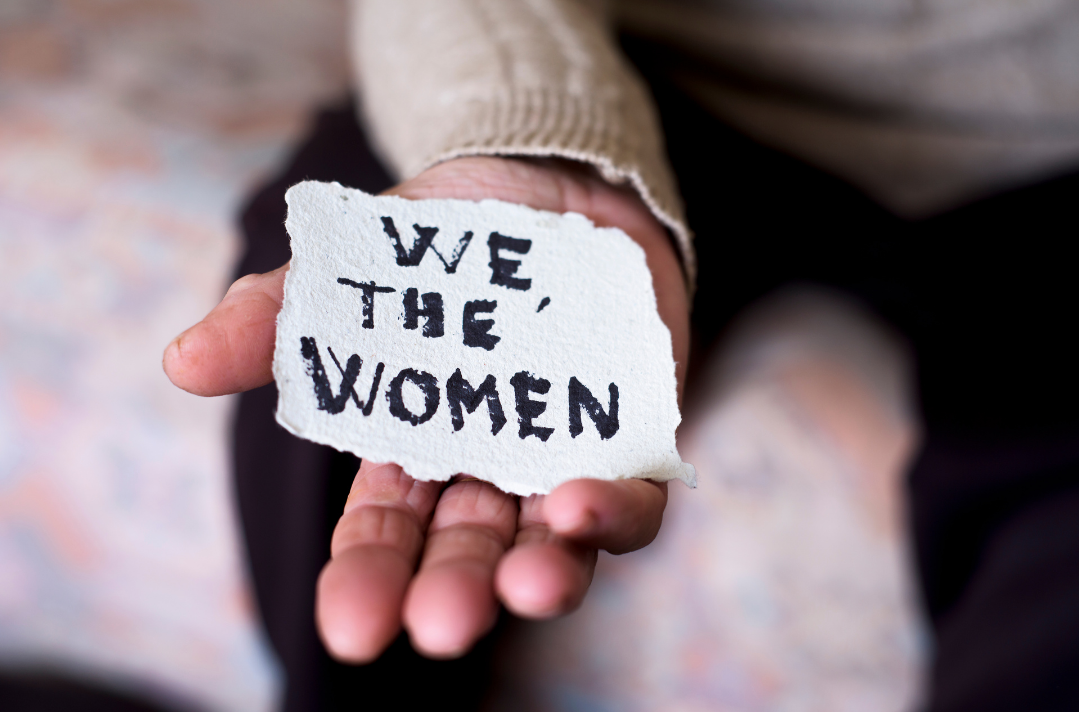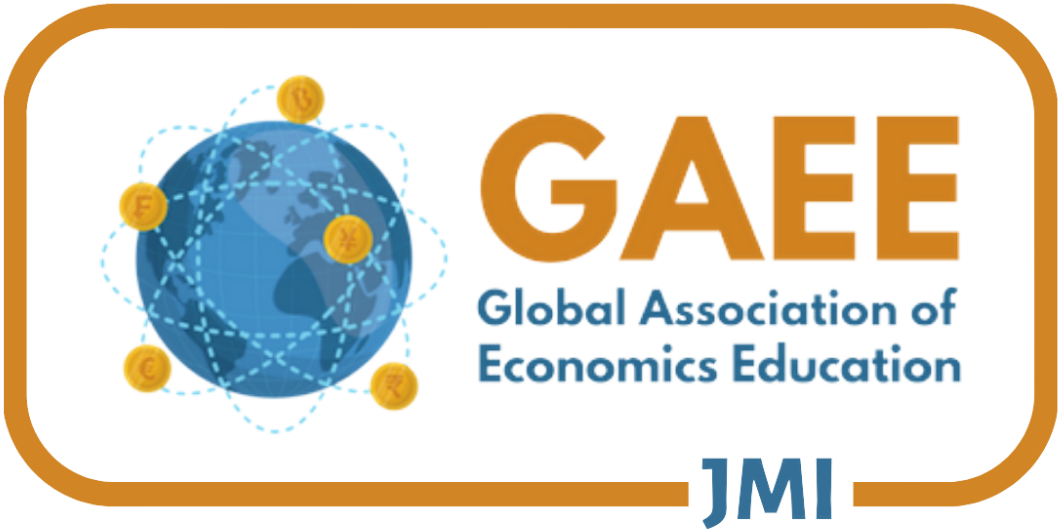Article by Jabeen Sultan Ali from Entrepreneurship Wing, GAEE JMI
The struggle for women’s empowerment has been prevalent since the 19th century. However, the portrayal of women as entrepreneurs is becoming more prevalent all over the world. Entrepreneurial activities are critical to the development and well-being of society.
Women make up half of the world’s population, so the economic role they play in development cannot be overlooked. They are, without a doubt, critical drivers of progress and growth.
But why is economic empowerment for women so important? Women entrepreneurs were dubbed “the way forward” by the World Economic Forum in 2012. When women are empowered, they earn income, accumulate assets, and increase their economic security. This further improves industrial capacity and stimulates economic growth by creating new jobs and expanding a country’s pool of human resources and potential.
As a result, they significantly reduce poverty all over the world. Another advantage is that women have a smaller ecological footprint than men, making their production and consumption patterns more resource-efficient rather than sustainable.
The American philanthropist Melinda Gates quotes, “To me, empowerment means if a woman has her voice and her agency”.
Sarita Singh is another notable person who has truly advocated for women’s empowerment. She is the CEO of her prestigious school, Priyadarshani School, and is known as a “woman who knows no barriers.” Her career began when she was 16 years old, as an assistant teacher on her way to becoming the woman she is today, a role model for many aspiring female entrepreneurs.
Ms Siingh once said, “If I can inspire even one young girl to follow my dreams, I’d consider myself a real success.”
Access to resources and markets, actual ownership, and active control are three essential components of women’s empowerment through entrepreneurship.
Women in India comprise 29% of the labour force and 40% of agricultural labour, yet only 9% of land in our country is under their authority. Additionally, roughly half of the Indian women don’t have a bank or savings account, and 60% of women don’t have valuable assets to their name. Unsurprisingly, women contribute 17 percent of GDP in India, compared to the global average of 37 percent.

India’s vast population and unemployment crises can transform women entrepreneurship into one of the most effective tools for women’s empowerment if they are treated equally and given the same opportunities and opportunities to grow as their male counterparts.
IMF predicts that the equal participation of women in the workforce will increase India’s GDP by 27%. Furthermore, if there are no discriminatory barriers against women, the country’s productivity can increase by up to 25%. Women continue to be under-represented in the business world.

Lack of financial access, education, training, rights, business support measures, mentors, and excessive gender inequality and discrimination all pose significant barriers to women’s success.
This necessitates not only identifying the constraints, but also devising strategies to reduce and eventually eliminate them. It is past time that information about entrepreneurship be provided in schools and to women who are not in the labour force as a career option; this is clearly the need of the hour in the pursuit of encouraging women.
Furthermore, including women in global leadership goals and developing policies around the issue is one of the most effective ways to achieve women’s emancipation. Micro and small businesses (MSEs) have significantly empowered women in developing countries by supplementing their household and community decision-making.
Research suggests that business training and skills have long-term benefits in sustaining enterprises and creating a new one.
Women’s economic empowerment, along with closing gender gaps, is one of the critical goals to achieve in the 2030 Agenda for Sustainable Development. Moreover, the UN Global Compact and UN Women collaborated to develop the seven principles of women’s rights, which are listed below:
- Generate high-level corporate leadership meant for gender equality
- Treat all people impartially at work with respect and support non-discrimination as well as human rights
- Ensure the health, well-being and safety of all workers irrespective of their gender
- Foster education, training and professional development for women
- Carry out the supply chain, marketing practices and enterprise development that empower women
- Promote equality through community initiatives and advocacy
- Measure and report publicly on progress to shape gender equality
Women’s entrepreneurship is unquestionably a difficult path to take. Nonetheless, despite facing disproportionate challenges, the good news is that women-owned businesses are fundamentally increasing in both number and economic impact— this is visible in its entirety.
We will reach new heights as more women enter traditionally male-dominated professions and gain the confidence to speak up. This will enable future generations to sustain and achieve more by providing them with a world in which they can become whatever they want and enkindle hope for all.

Undoubtedly, Hillary Clinton rightly said; “Women are the largest untapped reservoir of talent in the World.”
Article Summary: In this article, the author presents a balanced narrative and discusses various co-related topics such as women’s empowerment, entrepreneurship, the economic impact women can potentially create, along with policies and agendas that aim to achieve the same.
(Jabeen Sultan Ali is a B.A.(Hons.) Psychology student at Jamia Millia Islamia, Delhi, GAEE JMI, an autonomous branch of Global Association of Economics Education (GAEE) in India. The views expressed are personal and they do not purport to reflect the opinions or views of GAEE or its members.)
Follow Us & Stay Tuned: https://linktr.ee/gaee.jmi


Recent Comments